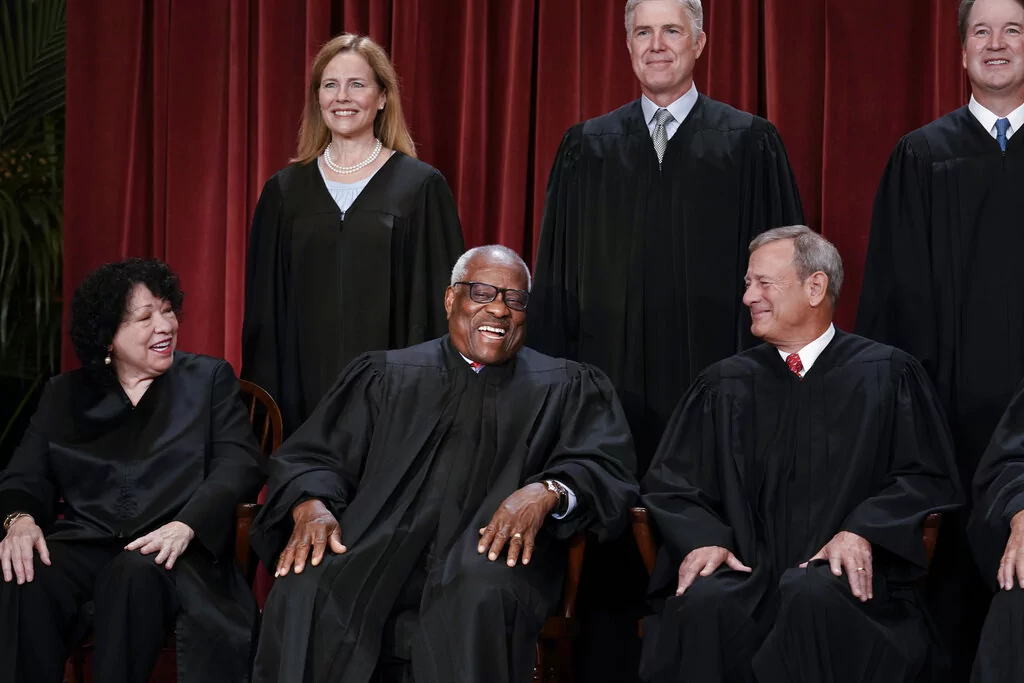

The Supreme Court on Friday sided with the Trump administration, granting an emergency stay that halts a lower court order requiring the Education Department to immediately reinstate over $65 million in teacher training grants canceled over concerns about diversity, equity, and inclusion.
The 5-4 ruling marks the administration’s first win at the high court since President Donald Trump returned to office in January. Chief Justice John Roberts joined the three Democrat-appointed justices, Elena Kagan, Sonia Sotomayor, and Ketanji Brown Jackson, in dissent.
The decision pauses enforcement of a March 10 order from a Massachusetts district court that issued a temporary restraining order, or TRO, blocking the administration from terminating over 100 federal grants issued through the Teacher Quality Partnership and Supporting Effective Educator Development programs, which were designed to address national teacher shortages, particularly in underserved areas.
In its unsigned opinion, the majority said the government is “likely to succeed” in showing that the lower court lacked jurisdiction under the Administrative Procedure Act and noted that the grants could not be clawed back once distributed. The justices emphasized that recipients “would not suffer irreparable harm while the TRO is stayed.”
The order clarified that the stay will remain in effect while the case proceeds in the Court of Appeals for the 1st Circuit. If the Supreme Court later declines to take up the case, the stay will automatically end. If it does agree to hear the case, the stay will remain in place until justices issue their final judgment.
Jackson, joined by Sotomayor, wrote in dissent that the majority was “blessing” an “unlawful” move without proper review.
“This application should have been denied for numerous obvious and independent reasons,” Jackson wrote.
The case stems from the Trump administration’s decision to cancel 104 of 109 grants based on allegations that the funding was being used for programs supporting DEI.
Eight Democrat-led states — including California, Illinois, and New York — filed suit in response, arguing the move was abrupt and unlawful.
Adrian Vermeule, a constitutional law professor at Harvard, called the decision “an important win for the administration” on multiple fronts in a post on X.
TRUMP ADMINISTRATION LAUNCHES TITLE IX SPECIAL INVESTIGATIONS TEAM
“(1) The Court was willing to set aside the ordinary rule that TROs are unappealable, observing that ‘the District Court’s order carries many of the hallmarks of a preliminary injunction’; (2) the Court underscores that contract claims for money damages must be brought via the Tucker Act, not the APA, a holding that will affect a number of other cases around the country; (3) the Chief Justice voted to deny, suggesting that five of his colleagues have, at least for today, declined to follow his lead,” Vermeule said.
“Overall, the majority’s patience for the deluge of TROs seems to be wearing thin,” Vermeule added.




